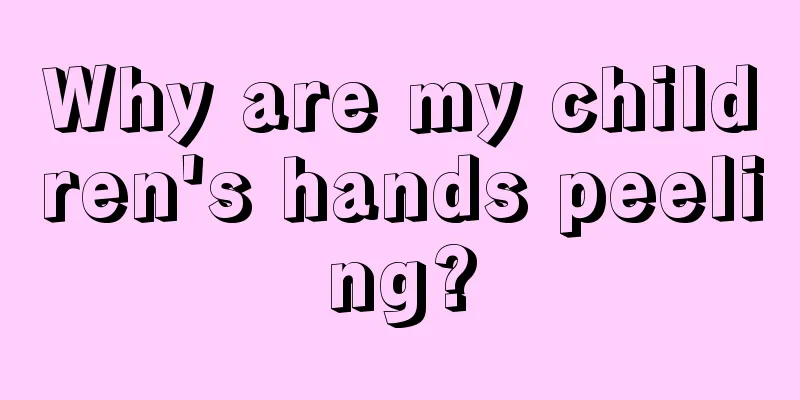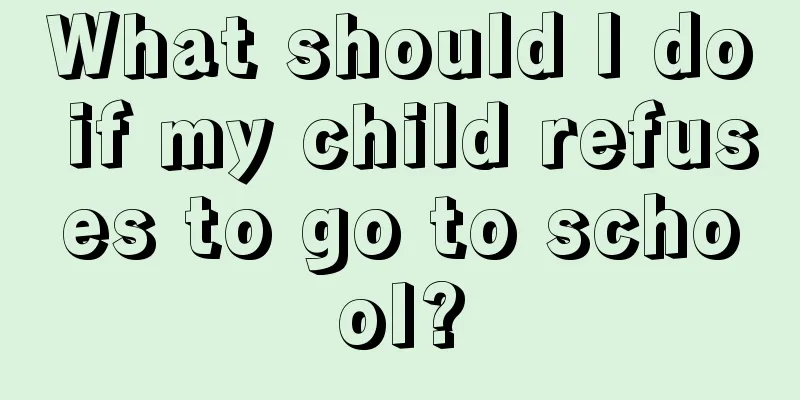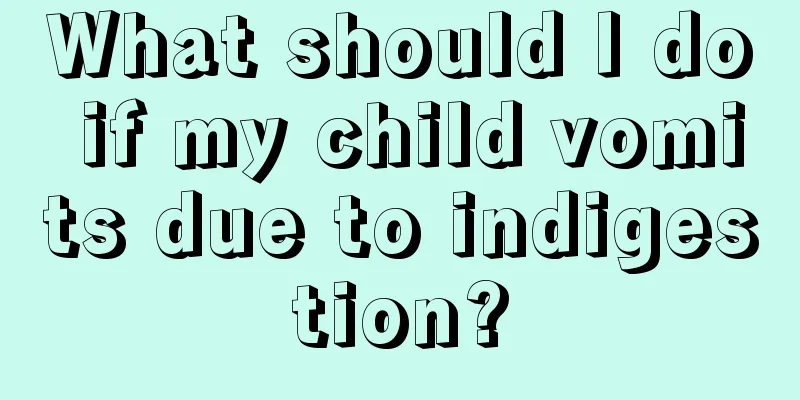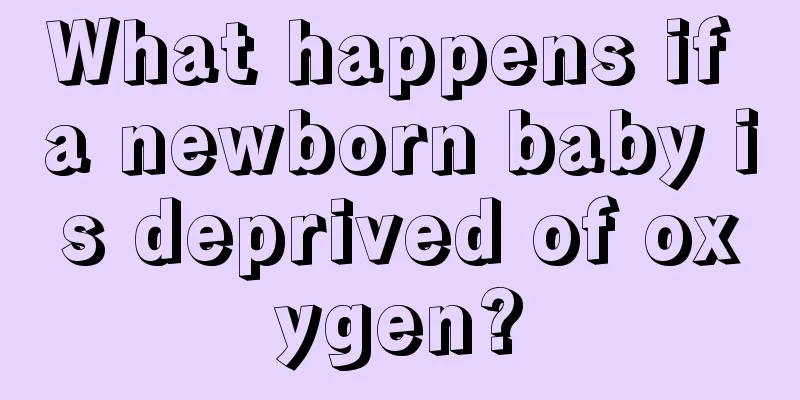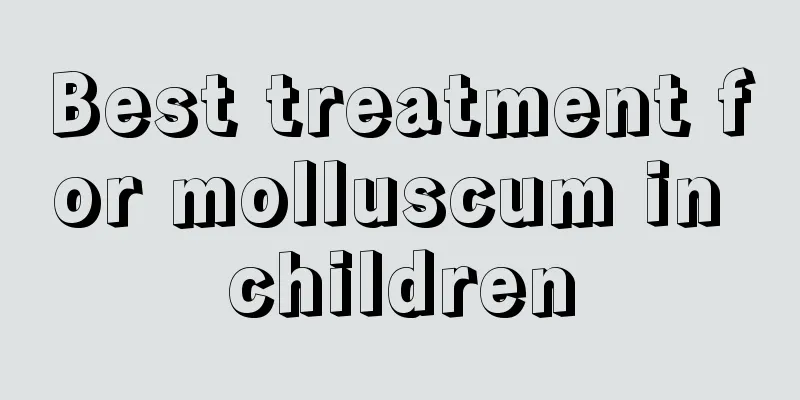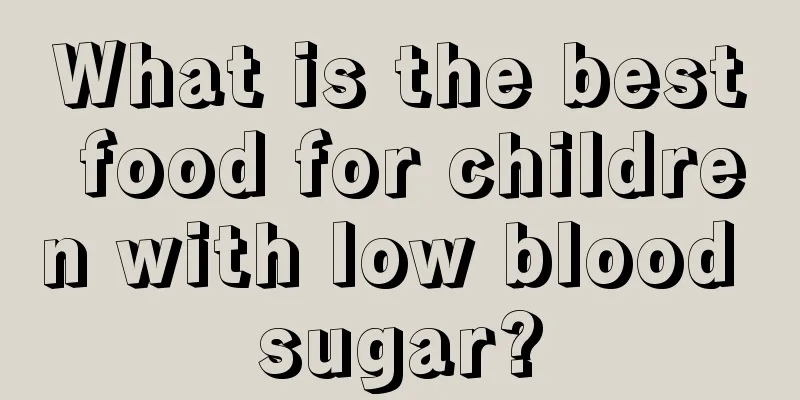What to do if your baby has gingivitis
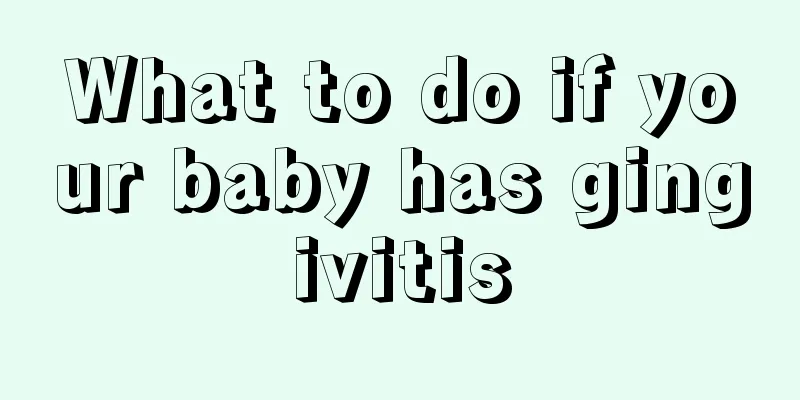
|
Problems with teeth can cause us some pain, especially for many babies who are easily injured and develop gingivitis due to inflammation caused by artificial feeding. This will cause a certain amount of pain to the child and cause the child to cry. At the same time, it has a great impact on the child’s normal diet. If you want better treatment, you must master the method. After all, babies are relatively young and you cannot use drugs blindly. Let’s learn about what to do with baby gingivitis. What to do if your baby has gingivitis Treatment of gingivitis in children Gingivitis in children is one of the more common dental diseases in children. According to the results of epidemiological surveys in my country, the prevalence of gingivitis in children is relatively high, reaching 55%. The survey report of the 12-year-old age group shows that the detection rate of dental calculus is more than 50%. The survey reminds us that children's gums should attract enough attention from oral medical workers, and oral hygiene education should be done seriously. Since the gingival epithelium is thin and poorly keratinized during childhood, it is very easy to cause gingivitis when exposed to bacterial infection, traumatic stimulation, or poor oral hygiene. The clinical manifestations include red and swollen gums, easy bleeding, and a large amount of soft plaque deposits at the gingival margin. The accumulation of soft plaque at the gingival margin is an important factor causing gingivitis. Treatment of childhood gingivitis Gingivitis in children is related to the eruption of permanent teeth, crowded dentition, bad habits and long-term use of certain medications that lead to inflammation and hyperplasia of the gums. The main treatments for gingivitis in children include: Eruptive gingivitis: When permanent teeth erupt, the gums swell and bleed. The symptoms disappear as all teeth erupt. In unclean gingivitis, children cannot master the correct method of brushing teeth, have poor oral hygiene, and have redness and swelling of the gingival margin and gingival papilla. In severe cases, the alveolar bone may be destroyed. Crowded gingivitis, crowded and uneven teeth, poor oral self-cleaning, retention of food debris, irritation of gingival tissue, causing inflammation, hyperplasia and hypertrophy of the gums, etc. Regardless of the cause of gingivitis, it is related to poor oral hygiene. To prevent gingivitis in children, parents should educate and guide their children to brush their teeth carefully and correctly every day, especially before going to bed. For the treatment of gingivitis in children, under the guidance of a doctor, the doctor should maintain good oral hygiene, correct bad habits, eliminate all bad habits that cause gingivitis, and prevent the occurrence of periodontal disease. The above is an introduction to what to do if your baby has gingivitis. If such a problem occurs, it is best to make adjustments based on the symptoms. If necessary, go to the hospital for examination and treatment in time. At the same time, you should also pay attention to ensuring good oral hygiene in life, eat more light foods, and drink more boiled water. |
<<: What should I do if my child's teeth become loose?
>>: How to prevent gum inflammation in babies
Recommend
How to judge whether the baby is calcium deficient
Babies have very strong growth potential, but onl...
What should I do if my child is very active and restless?
Children are very quiet in daily life, but become...
Why is the skin on my baby's arms shedding?
For newborn babies, their skin is generally very ...
Introduction to the correct posture for patting burps
Many young mothers have no experience in parentin...
Is it normal for a newborn to poop after eating?
We all know that when a son is born, he has just ...
Is blue light harmful for jaundice?
There are many ways to solve the problem of neona...
What to do if your baby moves too much when sleeping at night
Some babies are always restless when they sleep a...
What causes polio?
The so-called paralysis refers to the situation w...
What to do if your baby bites his fingers
The physical health of the baby is what parents c...
Reasons why babies cannot sleep well in the second half of the night
Sleep is a process of enhancing human immunity. F...
When is it appropriate for children to have their teeth straightened?
We all know that childhood is the fastest growing...
What are the signs that a baby is frightened?
Because the baby's body systems are not fully...
What should I do if my baby doesn't smile for 3 months?
The most common action and expression of a newbor...
What should I do if my child has facial allergies?
Facial allergies in children are a type of skin a...
Acupuncture treatment of lameness in children
When the human body is carrying heavy objects or ...

